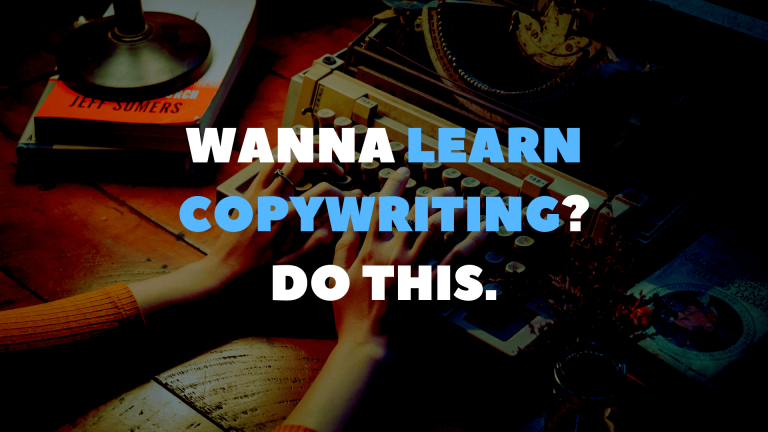You wanna know something literally everyone likes?
Shortcuts.
Everyone loves a shortcut.


Doing less – but getting just as much or even more in return.
It’s what allowed self-help and make money online to become huge niches online.
It’s also what has led to the creation and corruption of empires (actual empires) ever since some particularly ingenious homo habili learned that sharp rocks are, in fact, vastly superior to using your own fists when hunting game.
But what happens when technology evolves while we stay the same?
The answer? Everything is amplified.
Headlines are laser-focused on curiosity and greed.
YouTube titles and thumbnails turn the excitement and wow-factor to 11.
Clickbait has become a part of our daily vocabulary.
All of this has happened because of our desire for shortcuts.
Because shortcuts appeal to our greed.
How To (Achieve Desired Outcome) In Just (Time) — WITHOUT (Biggest Objection/Problem)
Generic headline formula. Works everywhere. Because greed.
Magic bullets, hacks, and ‘secret’ tricks that literally everyone advertises (just look at most Medium headlines) have completely taken over our brains.
We’re no longer looking for shortcuts. We expect them. And marketers have picked up on that.
Remember this quote by Ralph Waldo Emerson?
“Do not go where the path may lead, go instead where there is no path and leave a trail.”
LOL!
As if! Instead, go where the gurus tell you and blame them when you fail instead. Much better for your ego.
“I want to WIN and I want to win NOW and if I fail after my first attempt I give up and blame THE WORLD!”
If you frequent Twitter as often as I do, you’ll have seen these clichéd statements:
… and you’ll never go hungry.
… steal these copywriting formulas my agency uses to serve 7- and 8-figure clients.
… discover the truth about making money online
… you’ll never make more than minimum-wage as a writer (unless you read my thread)
Now – I don’t mean to poke fun at well-meaning gurus.
But this needs to be said:
If you only learn through reading (ie. through other people’s experiences) you’ll never understand it as well as someone who has seen it with their own eyes.
You’re basically relying on someone from a completely different culture and upbringing to teach you something you know nothing about and have no frame of reference of.
We’re taught in universities and high schools the difference between tacit and implicit knowledge.
Tacit knowledge = learning to ride a bike
Implicit knowledge = learning to fix a flat tire
But where we go wrong is in believing that most knowledge is implicit.
The shortcuts I talked about earlier in this article?
They’re actually the opposite. Because they give you false hope. And they make you believe that you’re actually on the right track.
But to quote that one guy from Apple: “You can only connect the dots looking back.”
Which brings me to the headline of this post:
Reading books won’t make you a great copywriter.


Book can help and will provide interesting ideas, sure. But they won’t do you anything if you’re not actually writing for clients and getting feedback on your writing. Write bad copy daily until you learn to write good copy. Read many books on copywriting and you learn to talk about copy.
I’m not saying that you should never read a book again. Or never open Twitter again. Or never ask for help.
It’s fine to do that. As long as it’s supplementary to your primary method of learning – figuring stuff out for yourself, failing, learning from the failure and moving forward.
For many, this will be a bitter pill to swallow. It was for me too.
But it’s the boring truth.
Tell me what you’ve done, and I’ll tell you who you are.



